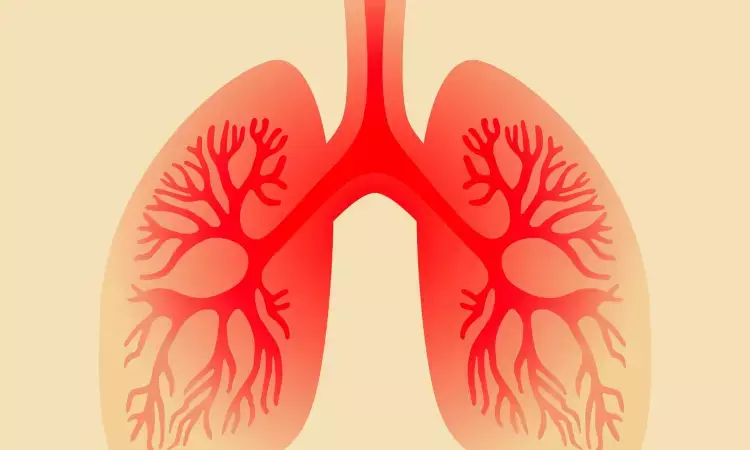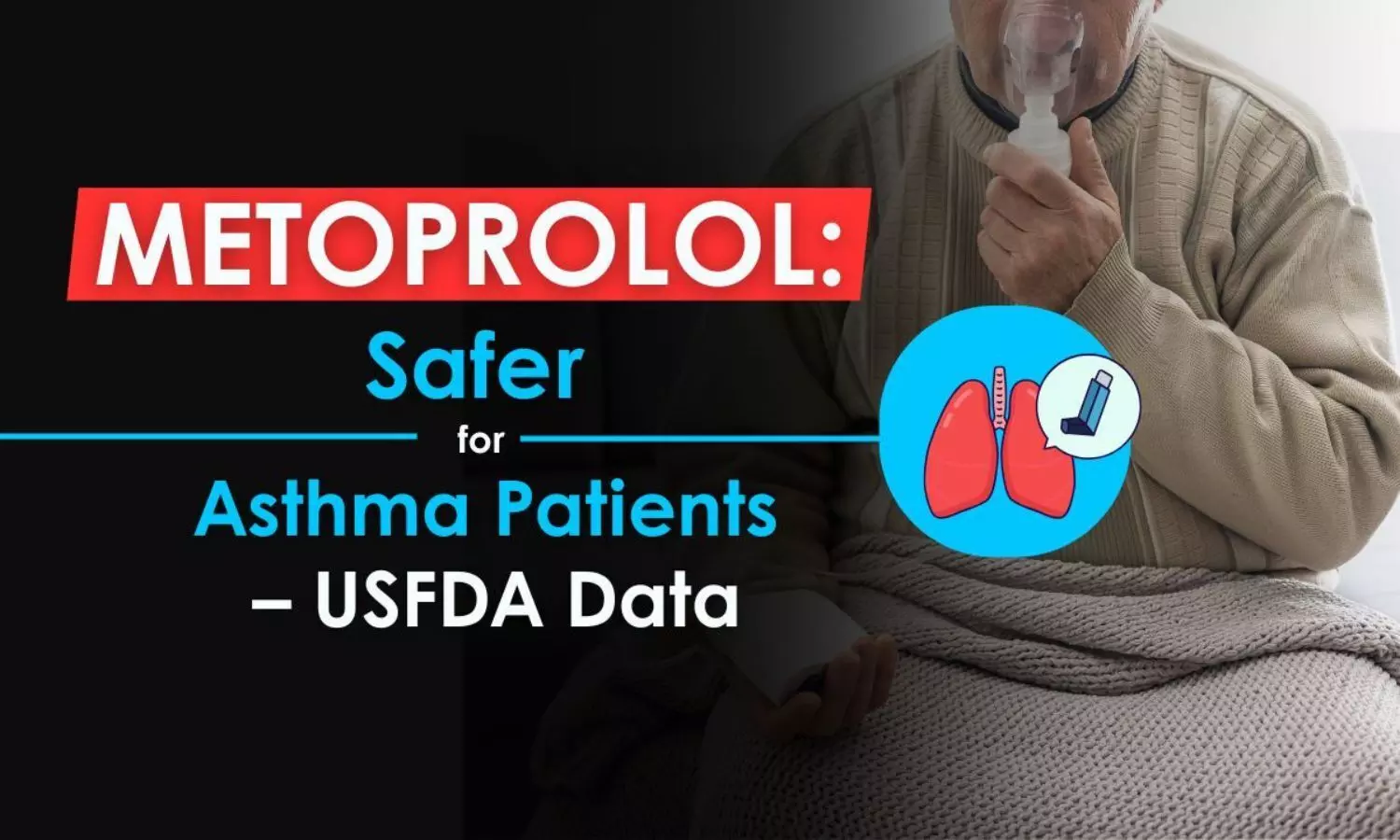- Home
- Medical news & Guidelines
- Anesthesiology
- Cardiology and CTVS
- Critical Care
- Dentistry
- Dermatology
- Diabetes and Endocrinology
- ENT
- Gastroenterology
- Medicine
- Nephrology
- Neurology
- Obstretics-Gynaecology
- Oncology
- Ophthalmology
- Orthopaedics
- Pediatrics-Neonatology
- Psychiatry
- Pulmonology
- Radiology
- Surgery
- Urology
- Laboratory Medicine
- Diet
- Nursing
- Paramedical
- Physiotherapy
- Health news
- Fact Check
- Bone Health Fact Check
- Brain Health Fact Check
- Cancer Related Fact Check
- Child Care Fact Check
- Dental and oral health fact check
- Diabetes and metabolic health fact check
- Diet and Nutrition Fact Check
- Eye and ENT Care Fact Check
- Fitness fact check
- Gut health fact check
- Heart health fact check
- Kidney health fact check
- Medical education fact check
- Men's health fact check
- Respiratory fact check
- Skin and hair care fact check
- Vaccine and Immunization fact check
- Women's health fact check
- AYUSH
- State News
- Andaman and Nicobar Islands
- Andhra Pradesh
- Arunachal Pradesh
- Assam
- Bihar
- Chandigarh
- Chattisgarh
- Dadra and Nagar Haveli
- Daman and Diu
- Delhi
- Goa
- Gujarat
- Haryana
- Himachal Pradesh
- Jammu & Kashmir
- Jharkhand
- Karnataka
- Kerala
- Ladakh
- Lakshadweep
- Madhya Pradesh
- Maharashtra
- Manipur
- Meghalaya
- Mizoram
- Nagaland
- Odisha
- Puducherry
- Punjab
- Rajasthan
- Sikkim
- Tamil Nadu
- Telangana
- Tripura
- Uttar Pradesh
- Uttrakhand
- West Bengal
- Medical Education
- Industry
Depemokimab reduces exacerbations in patients with severe asthma with eosinophilic phenotype, reveals study

A recent novel study published in the New England Journal of Medicine found that Depemokimab can reduce asthma exacerbations in patients with the eosinophilic phenotype.
Improperly controlled asthma results in episodic severe exacerbations despite treatment with medium- or high-dose inhaled glucocorticoids along with additional controller medications. Increased levels of high levels of unregulated type 2 inflammation are seen in individuals with asthma exacerbations. Uncontrolled eosinophilic inflammation is a recognized risk factor for severe disease exacerbations, airway remodeling, and decline in lung function among asthmatic patients, with blood reports showing abnormal eosinophilic counts. Depemokimab is an ultra-long-acting biological therapy that was shown to be effective in mild to moderate asthma, leading to dose-dependent suppression of the blood eosinophil count. Hence, researchers designed replicate trials of phase 3A SWIFT-1 and SWIFT-2 to investigate the efficacy and safety of Depemokimab as an adjunctive treatment to standard care for patients who had severe asthma with an eosinophilic phenotype and a history of exacerbations despite the receipt of medium- or high-dose inhaled glucocorticoids.
The trial included patients with severe asthma with an eosinophilic phenotype characterized by a high eosinophil count. The eosinophilic count was considered high when there were ≥300 cells per microliter in the previous 12 months or ≥150 cells per microliter at screening and a history of exacerbations despite receiving medium- or high-dose inhaled glucocorticoids. Patients were randomly divided in a 2:1 ratio to receive either Depemokimab (at a dose of 100 mg subcutaneously) or placebo at weeks 0 and 26, along with standard care. The annualized rate of exacerbations at 52 weeks was the primary endpoint, while the secondary endpoints included the change from baseline in the score on the St. George’s Respiratory Questionnaire (SGRQ), the forced expiratory volume in 1 second, and asthma symptom reports at 52 weeks.
Findings:
- Among the two trials, 762 were included in the final trial, with 502 assigned to receive Depemokimab and 260 assigned to receive a placebo.
- The annualized rate of exacerbations was 0.46 with Depemokimab, 1.11 with placebo in SWIFT-1, 0.56 with Depemokimab, and 1.08 with placebo in SWIFT-2.
- The SGRQ score showed no significant between-group differences in the change from baseline in either trial. Hence, no statistical inference was drawn on subsequent secondary endpoints.
- The adverse events were similar in both groups in both trials.
Thus, the researchers concluded that Depemokimab reduced the annualized rate of exacerbations among patients with severe asthma with an eosinophilic phenotype as it targeted interleukin-5 or its receptor and improved patient outcomes. Hence, clinicians can consider using Depemokimab for tailored asthma management in those struggling with conventional therapies.
Further reading: Twice-Yearly Depemokimab in Severe Asthma with an Eosinophilic Phenotype. DOI: 10.1056/NEJMoa2406673
BDS, MDS
Dr.Niharika Harsha B (BDS,MDS) completed her BDS from Govt Dental College, Hyderabad and MDS from Dr.NTR University of health sciences(Now Kaloji Rao University). She has 4 years of private dental practice and worked for 2 years as Consultant Oral Radiologist at a Dental Imaging Centre in Hyderabad. She worked as Research Assistant and scientific writer in the development of Oral Anti cancer screening device with her seniors. She has a deep intriguing wish in writing highly engaging, captivating and informative medical content for a wider audience. She can be contacted at editorial@medicaldialogues.in.
Dr Kamal Kant Kohli-MBBS, DTCD- a chest specialist with more than 30 years of practice and a flair for writing clinical articles, Dr Kamal Kant Kohli joined Medical Dialogues as a Chief Editor of Medical News. Besides writing articles, as an editor, he proofreads and verifies all the medical content published on Medical Dialogues including those coming from journals, studies,medical conferences,guidelines etc. Email: drkohli@medicaldialogues.in. Contact no. 011-43720751




